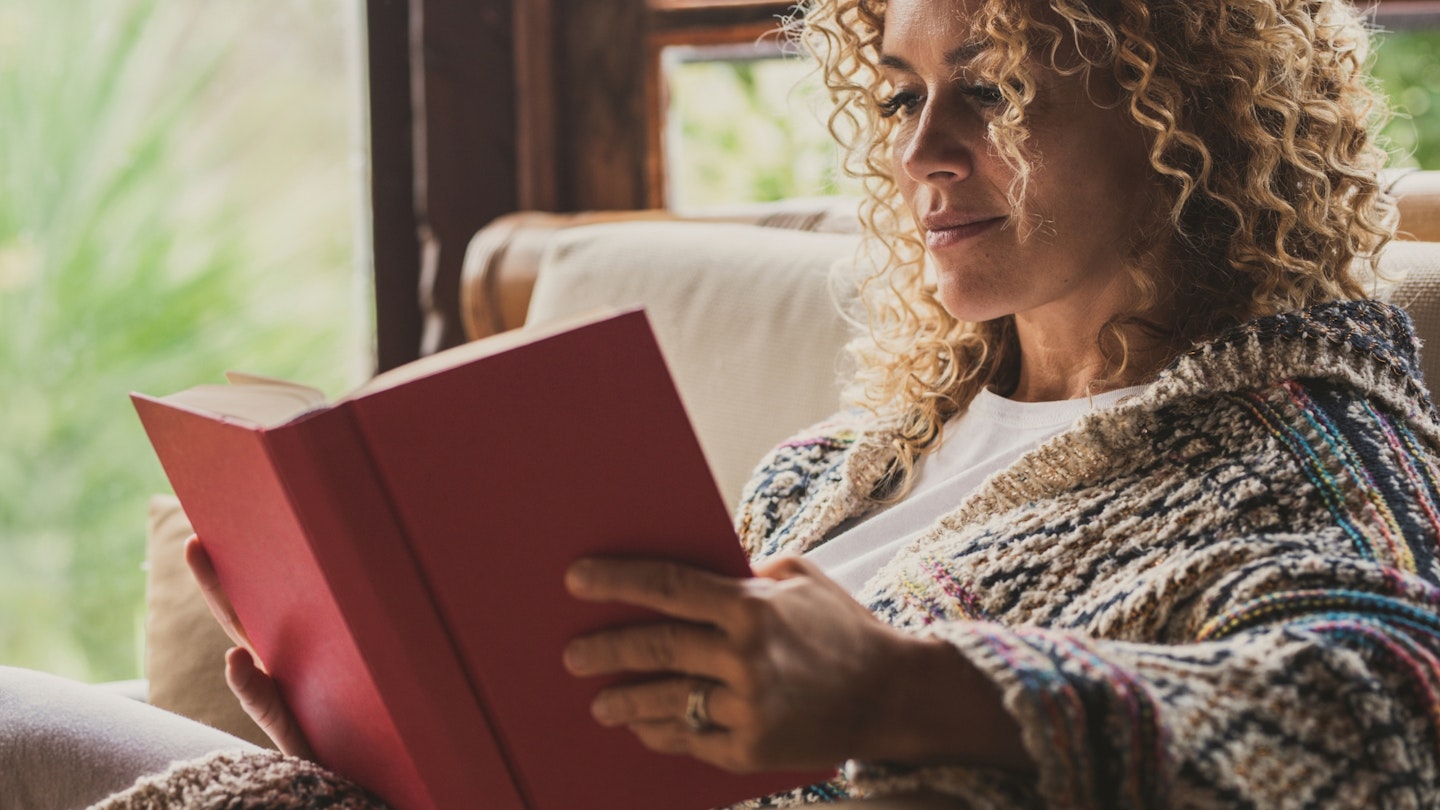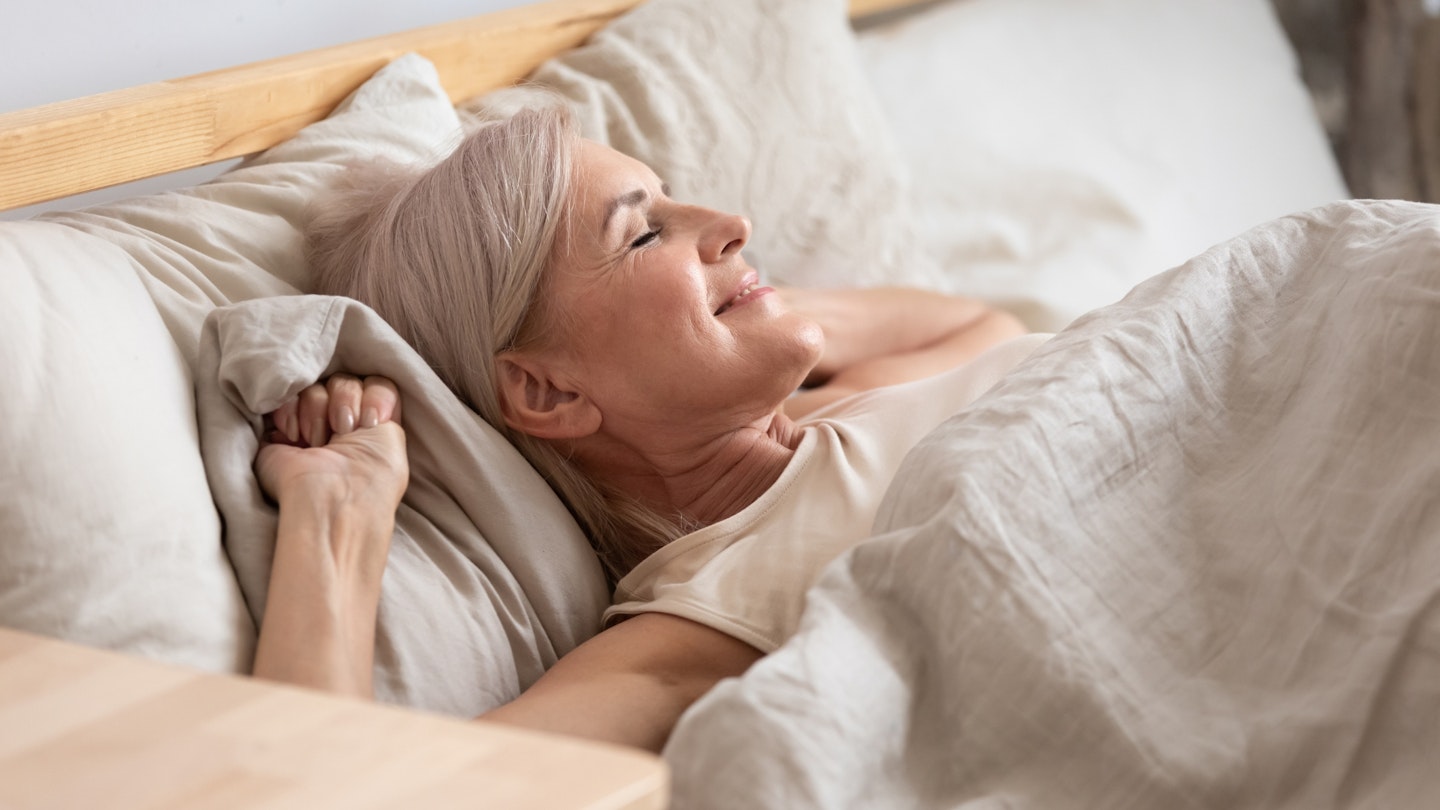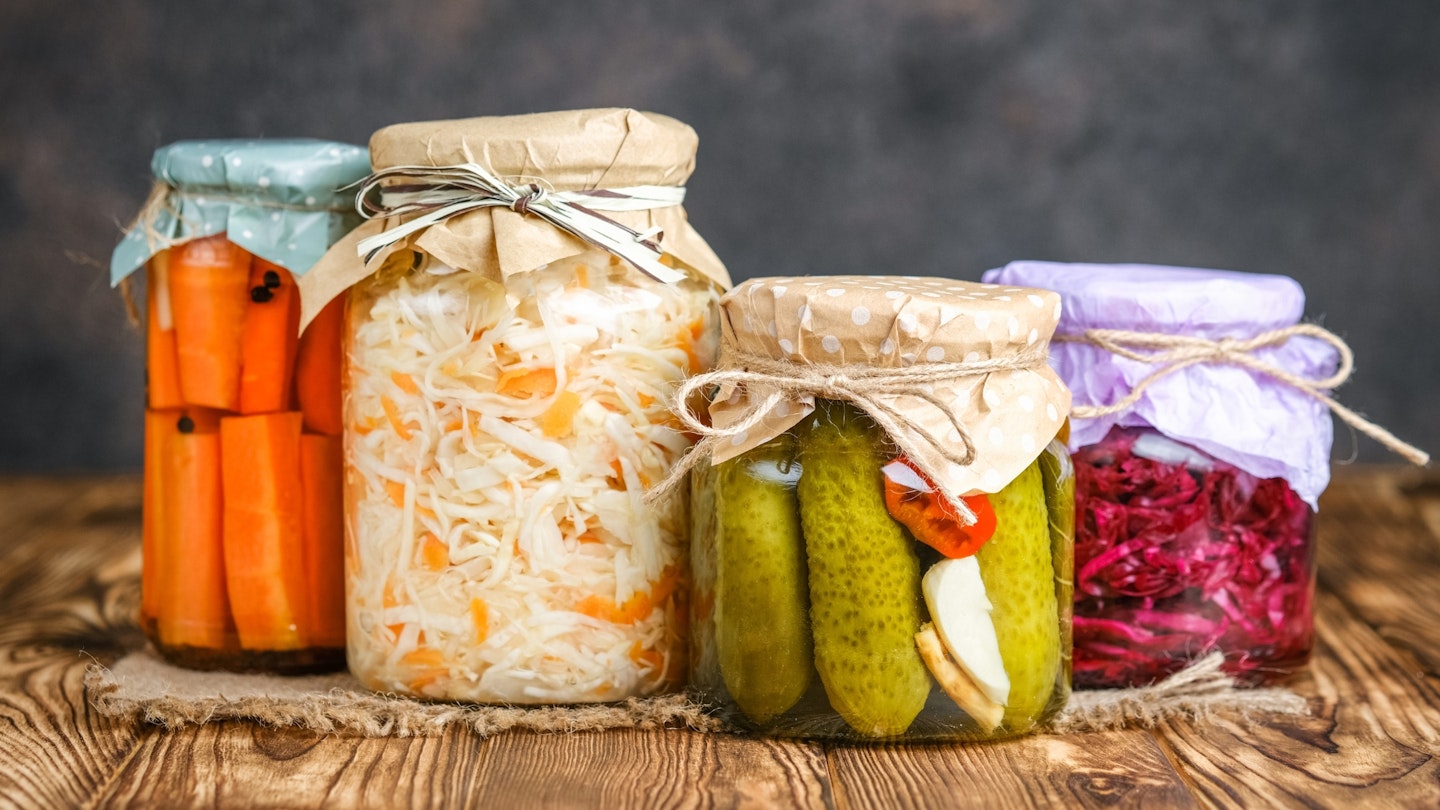Whether you have trouble nodding off or you find yourself staring at the ceiling in the early hours, sleep problems play havoc with our wellbeing. ‘Sleep is hugely important,’ said Dr Michael Mosley, who died last year leaving a lasting legacy of health advice. ‘It affects heart health, mood and it’s vital for regulating your appetite – if you have a bad night’s sleep, you crave junk food. If you consistently sleep badly, it increases your risk of dementia too, plus it affects your sex drive.’ The good news is, Dr Mosley, who suffered insomnia himself, knew all the steps to solve your sleep issues. Here, we bring you five of our favourites.
Dr Michael Mosley's top 5 sleep tips
1. Spend less time in bed
It’s counter-intuitive, but if you’re wrestling with sleep, don’t linger in bed. ‘You don’t want to reinforce an association between bed and not being able to fall asleep,’ said Dr Mosley. First, try slow, deep breathing to lower your heart rate and trigger your brain to sleep. But if that doesn’t work, get up and do something else. ‘Listen to music or read a book somewhere warm and quiet, until you feel sleepy, then go back to bed,’ he added. 'When I wake in the night, I read novels I’ve read before. I keep a pile in another room, and I read in there while I wait for my sleep drive to reassert itself.’ If you struggle to nod off in the evening, wait until you feel sleepy before you hit the sack. ‘You might spend less time in bed, but you’ll probably spend more of that time actually asleep.’
2. Don’t overthink it

Sleep may be important, but Dr Mosley urged us not to obsess over a bad night’s kip. ‘A few nights of bad sleep won’t have terrible effects. People lie awake worrying, “It’s 3am, I’m not asleep. Does this mean I’m going to have a heart attack tomorrow or develop cancer?” The answer is no. And if you overly obsess about a bad night’s sleep, you’re actually more likely to sleep badly.’ If you find your anxiety spiralling at night, challenge your negative thoughts. ‘You might want to give them a name, like Donald,’ he suggested. ‘When you have them, you can then say, “That’s just Donald sounding off again”. It’s also helpful to know that being sleep deprived makes us more vulnerable to repetitive negative thoughts. Once your sleep improves, these are easier to stamp out.’
3. Be clever with caffeine
Many people swear caffeine doesn’t impact their sleep, but the reality may be very different. The average half-life of caffeine is around five hours, which means that if you have a coffee at 6pm, half could still be running round your system at 11pm and a quarter may still be there at 4am. ‘For some people, caffeine has an incredibly strong half-life,’ said Dr Mosley. ‘Try giving it up, or not drinking it after 11am.’ Your gender, weight, age and medication all influence the half-life caffeine has in your body. And if you reach for a cuppa when you wake up, think twice. ‘Your stress hormone cortisol is rising first thing in the morning, and knocking back coffee will raise your blood pressure, anxiety and blood sugar levels,’ he said. ‘Leave your coffee until you’re having breakfast, or at least an hour after you’ve woken up. By then, your cortisol levels have started to fall and you’ll be topping up your energy levels rather than adding to surging anxiety.’
4. Stick to a timetable

Don’t underestimate the importance of sticking to a sleep timetable. Dr Mosley’s ‘number one rule’ was that we get up and go to bed at a similar time each day. ‘Your brain loves regularity,’ he explained. ‘Radio presenter Jeremy Vine told me he gets up at 4.30am for his show and he continues to do it even at the weekend, because it helps his sleep.’ Find a routine that works for you and stick to it every single day. ‘A lie-in is tempting, because you think it’ll make you feel better, but that’s an illusion,’ he said. ‘If you struggle to get up, keep your alarm on the other side of your room. It can be tough, but remind yourself that you’re going to improve your sleep and your mental health.’
5. Change your diet

We know a healthy microbiome influences our physical health, but did you know it can also help your sleep? ‘Changing your diet can have a profound effect on your mood and sleep,’ said Dr Mosley. ‘Your microbiome produces all sorts of neurochemicals, which help improve sleep.’ To boost your microbiome, eat plenty of prebiotics and probiotics. While prebiotics include beans, lentils, oats, brown rice, onions, garlic, berries, apples and pears; probiotics include full-fat Greek yoghurt, mozzarella, Cheddar and fermented foods, like sauerkraut or kimchi. Dr Mosley recommended not eating within three hours of bedtime. ‘The fat and sugar agitate the gut, so you’re more likely to get acid reflux,’ he explained. ‘Digestion also raises your body’s core temperature. Ideally, when you're going to sleep you want your core body temperature to be going down, because that triggers sleep.’

For more advice, see Dr Mosley’s book 4 Weeks to Better Sleep (Short Books).
Annabelle Lee is a Lifestyle Editor at Bauer Media. She specialises in health, wellness and lifestyle celebrity content. She studied Journalism at The University of Sheffield and started her magazine career at Cosmopolitan in 2010. She has since worked across a wide range of women’s interest magazines and remains passionate about writing and long form features. Her favourite part of the job is that she gets to constantly learn new things, interview fascinating experts and share their advice with readers.
